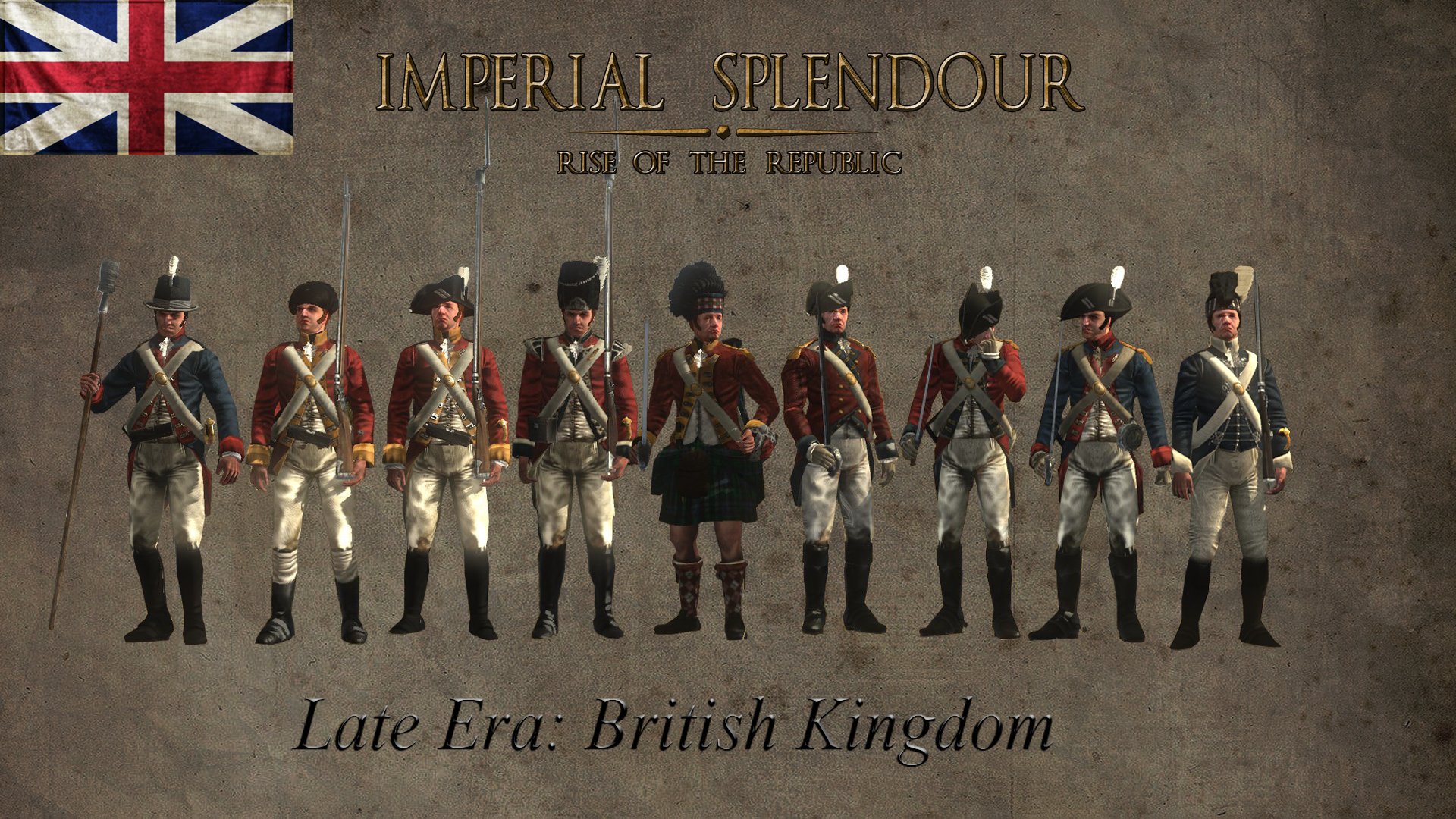

Probably most notably, constitutional monarchies do not suffer any penalties to happiness from industrialization whatsoever, essentially making cultural and religious buildings redundant. Research rates, happiness bonuses/penalties, repression, clamor due to reform, and town wealth growth are all middle of the road. There is still a king who sits for life, but the Cabinet are elected through popular election. No Penalty to Happiness for IndustrializationĬonstitutional monarchies are a compromise of sorts between absolute monarchies and republics.They cannot recruit Conscripts and the Republican Guard, which are available only to republics.
#Empire total war change government full#
Uniquely, constitutional monarchies do not react strongly to other factions changing government types, nor do other factions react strongly to a nation becoming a constitutional monarchy.Ĭonstitutional Monarchies have identical unit rosters to absolute monarchies: the full standard roster, as well as Guards and their equivalents, and the various guard cavalry types.


With careful tending, however, a constitutional monarchy's cabinet can eventually be just as competent as that of an absolute monarchy.Ĭonstitutional monarchies enjoy a large bonus to diplomatic relations with other constitutional monarchies, but suffer a small penalty with both absolute monarchies as well as republics. As whole cabinets may not be replaced at will (as is the case for an Absolute Monarchy), constitutional monarchies may only gradually improve their cabinets over time. One cabinet member may be kicked per turn, generating a new cabinet member with random attributes. Government popularity depends on a variety of reasons, including satisfaction with taxes, successes and failures with wars, and popularity of ministers within the cabinet. Players may force an election once per turn the less popular the current cabinet is, the more likely it would be replaced by a new one. Should cabinet members die, they are replaced by their sons. The cabinet may be re-elected for a potentially infinite number of terms. The cabinet is elected through popular vote, and serves for five years (10 turns) before another election. The head of a constitutional monarchy is the king, who sits for life and is replaced by a biological heir. Constitutional Monarchies are created when the upper class in the home region of Republics successful revolt.


 0 kommentar(er)
0 kommentar(er)
